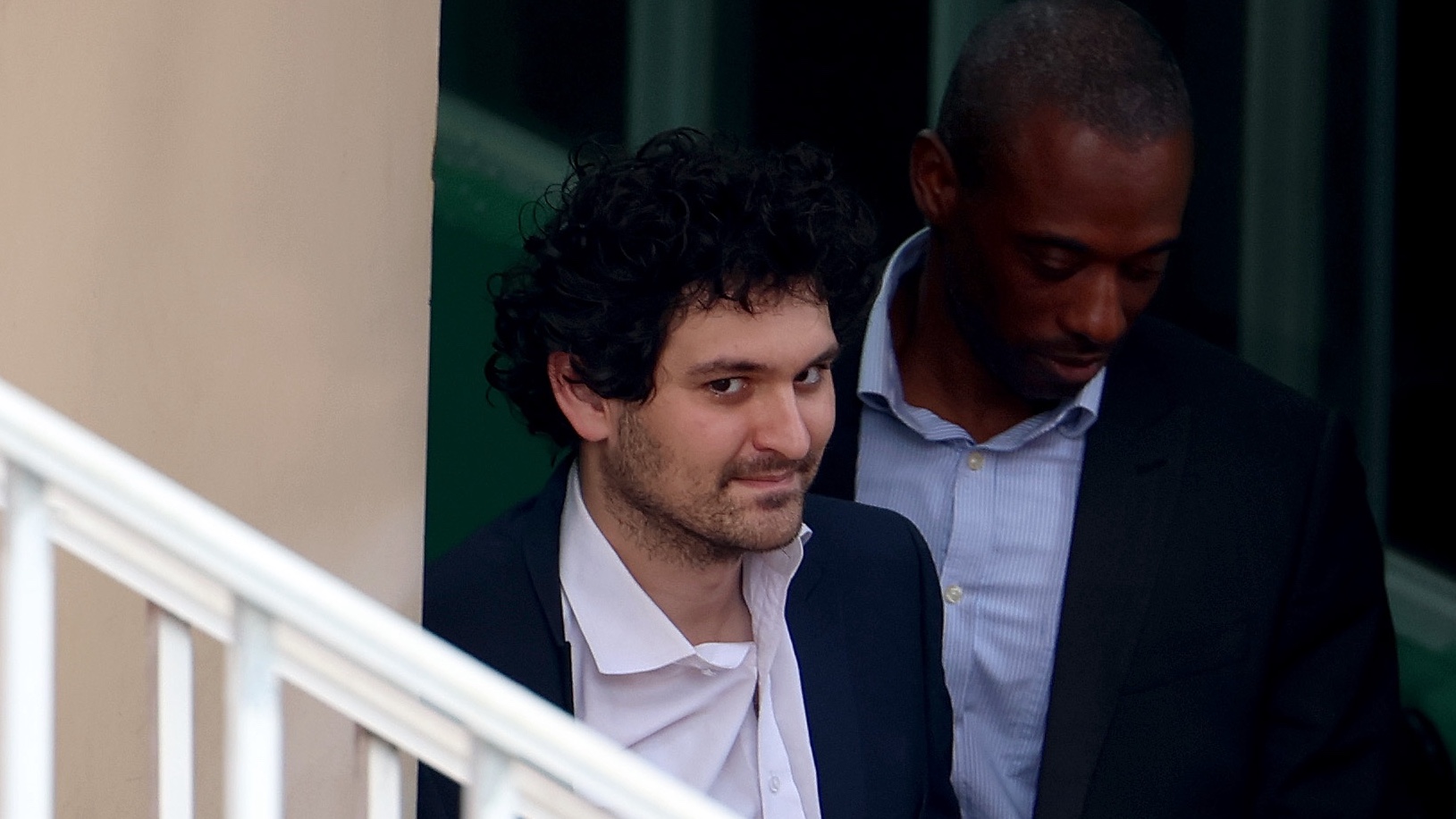Salus, a prominent web3 security company, has had its outstanding research published in ‘Scientific Reports,’ a subsidiary journal of the prestigious ‘Nature.’ It is important to know that ‘Nature’ is a weekly international journal that stands as a beacon of high-quality, peer-reviewed scientific research. It covers a wide range of fields in science and technology, distinguished by its commitment to originality, importance, interdisciplinary interest, and timely insights.
This publication marks a notable achievement for both Salus and the broader web3 community, underscoring the growing relevance of blockchain technology in scientific discourse.
Deep learning transforming vulnerability detection
The research paper, titled “Deep learning-based solution for smart contract vulnerabilities detection,” investigates the application of deep learning techniques in identifying vulnerabilities in smart contracts. The study’s findings reveal an impressive f1-score of 93.53% in vulnerability detection using deep learning models. This achievement indicates that the approach could potentially surpass existing methods in efficiency and accuracy.
One of the critical challenges in current vulnerability checks is the propensity for false positives or negatives due to the inability to fully understand complex code logic. Deep learning, unshackled from predefined rules, offers a dynamic solution that can evolve continually to recognize new types of attack vectors. Jiayi Li, the Co-Founder of Salus, expressed gratitude towards ‘Scientific Reports’ for acknowledging their research. This publication not only highlights the team’s rigorous methodology but also signifies the maturation of web3 technologies.
Salus’ Lightning Cat: A new era of code security
Salus’ research introduces ‘Lightning Cat’, a novel deep learning-based tool designed for smart contract vulnerability detection. This tool integrates three advanced deep learning models to maximize the accuracy of identifying potential security weaknesses. The versatility of ‘Lightning Cat’ extends beyond smart contracts, with potential applications across various code types within the blockchain infrastructure. This development promises to enhance code reliability and significantly reduce the risks associated with code exploitation, potentially averting substantial financial losses.
Salus’ commitment to elevating web3 security is evident in its continued technological research and advocacy for the EVM Zero-Knowledge (ZK) application layer. By assisting DAPPs on EVM to transition efficiently to ZK DAPPs, Salus is at the forefront of advancing blockchain security.
Salus, renowned for its holistic approach to web3 security, leverages extensive experience in both traditional and blockchain security domains. The company’s mission is to tackle complex security challenges within the industry and democratize access to robust security solutions. Aspiring to be a leading trust provider in web3 security, Salus focuses on ensuring its clients can leverage the advantages of blockchain technology securely and confidently.





